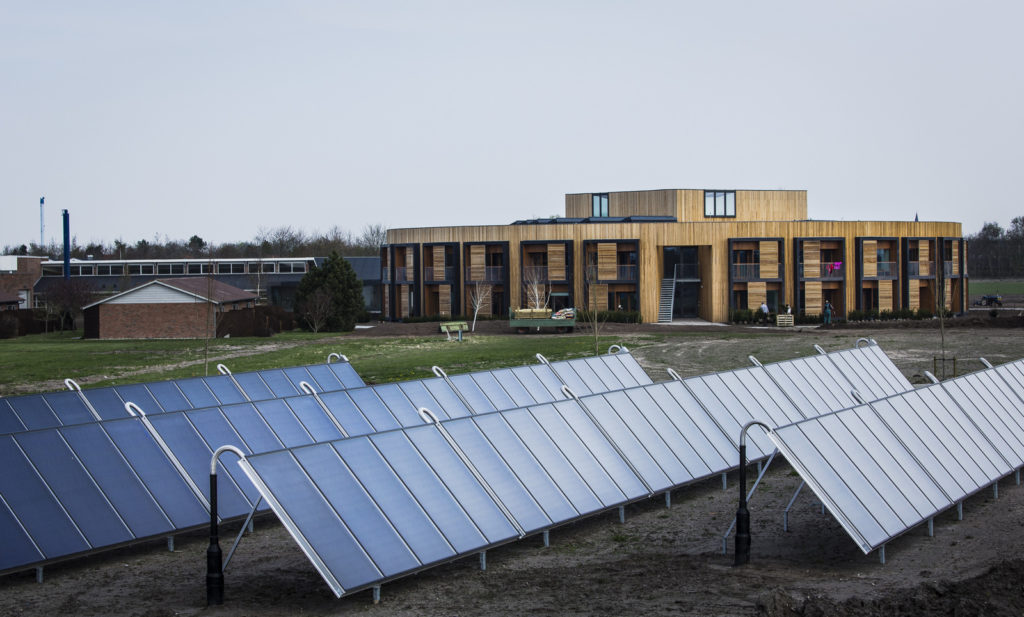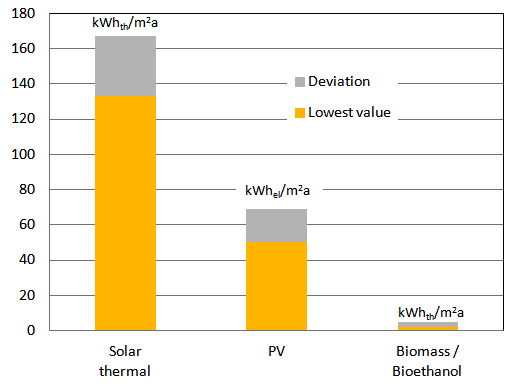
Solar thermal energy, an asset for decarbonizing industry
July 16, 2019
While manufacturers continue to deploy considerable efforts in energy efficiency to reduce their greenhouse gas emissions, the continuation of their energy transition must now involve the substitution of fossil fuels.
Successful diversification of their energy mix should enable them to reconcile environmental exemplarity with increased competitiveness. Technological choices then become decisive to ensure the improvement of industrial facilities and the respect of production cycles, while providing the best response to the climate challenge and to society's aspirations.
By its very nature, solar thermal energy has many qualities that enable it to fulfill this mission effectively, as it has already demonstrated by supplying many district heating networks in Scandinavian countries.
By replacing gas consumption in the industrial processes concerned, it reduces carbon emissions linked to heat consumption and has a direct impact on the quality of the air surrounding the production site.
Unlike fossil fuels, which are subject to fluctuations in international prices, solar heat offers the advantage of long-term cost visibility. It is produced directly on site and requires little maintenance. In addition to significantly reducing energy bills, solar thermal energy can also transform the financial constraints imposed by environmental taxes (TICGN, TICPE, etc.) and carbon quotas into an opportunity to maximize industrial competitiveness.
In addition to significantly reducing energy bills, solar thermal also enables us to turn the financial constraints imposed by environmental taxes (TICGN, TICPE, etc.) and carbon quotas into an opportunity to maximize our industrial competitiveness.
In terms of land efficiency, solar thermal collectors have an annual energy yield almost 3 times greater than that of photovoltaic collectors, and almost 43 times greater than biomass*. Solar thermal systems can therefore maximize renewable energy production in areas of high land pressure, or where space for energy production is limited on site.
Competitiveness gains, efficiency in reducing carbon emissions, independence from hydrocarbon prices and taxation... large-scale solar thermal power plants are undoubtedly a technological option to be favored by manufacturers wishing to make their energy transition, particularly for industrial operations consuming low- and medium-temperature heat.

Photo credits: @Arcon-Sunmark
*Source: solarthermalworld.com